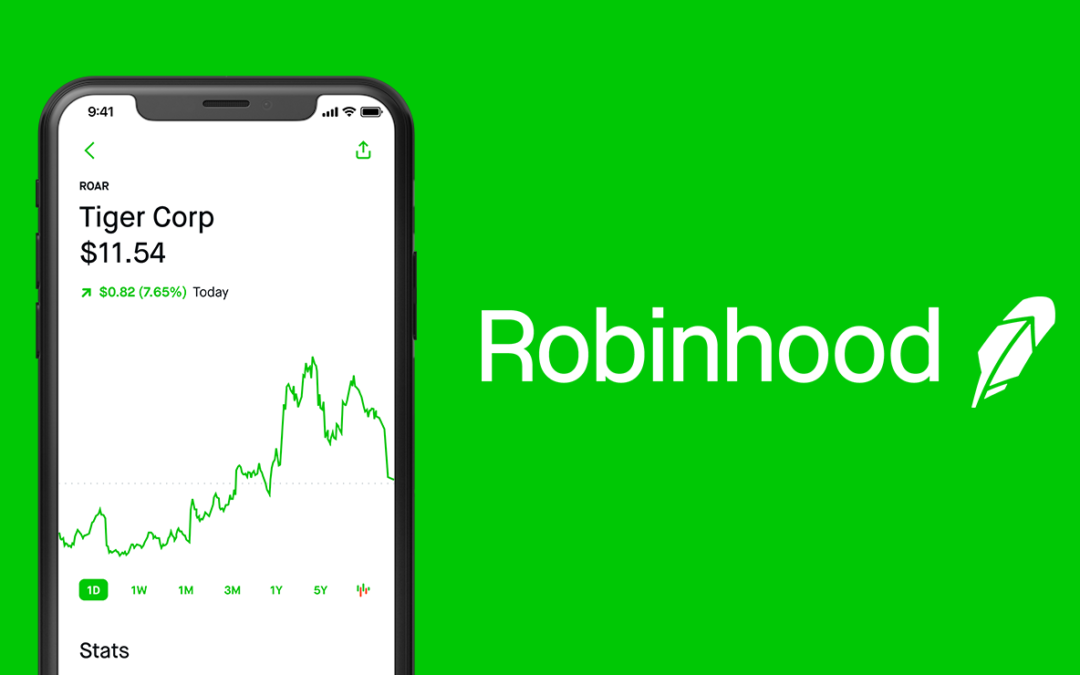Introduction
In the age of online trading, Robinhood has emerged as a well-known name, popularized by its mission to “democratize finance for all.” Renowned for its sleek design and ease-of-use, Robinhood has attracted millions of users, especially among the younger demographic. However, is Robinhood a good broker for you? This review aims to provide an in-depth analysis of Robinhood’s strengths and weaknesses, allowing you to make an informed decision.
Robinhood: A Brief Overview
Robinhood is an online brokerage platform that offers commission-free trading in stocks, ETFs, options, and cryptocurrencies. Launched in 2013, it has gained popularity for its user-friendly interface, designed primarily for mobile use, making it an attractive choice for millennial and Gen Z investors.
Pros of Using Robinhood
- User-Friendly Mobile App: Robinhood’s biggest strength lies in its mobile app, which is highly intuitive and simple. This platform makes trading accessible even for the novice investor.
- No Fees or Commissions: In line with its mission to make finance accessible to all, Robinhood does not charge commissions on trades. This feature is attractive for those wishing to trade frequently or have limited capital, but it is also a con. Please keep reading.
- Access to Cryptocurrency: Robinhood offers the ability to trade several cryptocurrencies, including Bitcoin, Ethereum, and even Dogecoin. With the rise in popularity of digital currencies, this is an increasingly valuable feature.
- Easy Money Transfer: Robinhood allows users to transfer funds easily in and out of their accounts. Instant deposit features are available, speeding up the time it takes for money to arrive in a trading account.
Cons of Using Robinhood
However, Robinhood has drawbacks, and it is crucial to consider these before committing to the platform.
- Not Ideal for Short Selling: Robinhood does not currently offer short selling. This lacking feature can limit trading strategies for more advanced traders who may want to profit from falling stock prices.
- Lack of Transparency: Robinhood has faced criticism for its lack of transparency, particularly during periods of high market volatility. Users have reported issues with unexpected account restrictions, unexplained losses, and problems executing trades during crucial moments, such as the GameStop saga in early 2021.
- Hidden Costs of “Free”: Here is the biggest drawback to Robinhood—while Robinhood touts its commission-free trading, it is important to understand how the company generates revenue. Robinhood makes money through “payment for order flow,” a practice where it sells users’ orders to larger brokerage firms, potentially leading to poorer execution prices. Robinhood’s heavy reliance on this practice has raised questions about conflicts of interest and the quality of execution users receive.
- Customer Service: Robinhood’s customer service has faced widespread criticism. Many users have reported difficulties reaching a live person and slow responses to serious account issues.
Conclusion
Robinhood has undeniably made waves in the brokerage industry, shaking up the traditional fee structures and making investing more accessible for a younger audience. Its user-friendly interface, fee-free trading, and cryptocurrency offerings are notable pros.
However, like any broker, it isn’t perfect. The platform’s limitations, including the lack of short selling and reported transparency issues, could pose problems for some traders. Additionally, the potential drawbacks of the company’s revenue model and its customer service record are vital considerations.
Whether Robinhood is a good broker for you depends on your investment needs, trading strategy, and risk tolerance. It’s always advisable to thoroughly research and consider multiple brokers before making your choice. The right broker is a significant factor in your investing journey, so taking the time to make an informed decision is time well spent.

